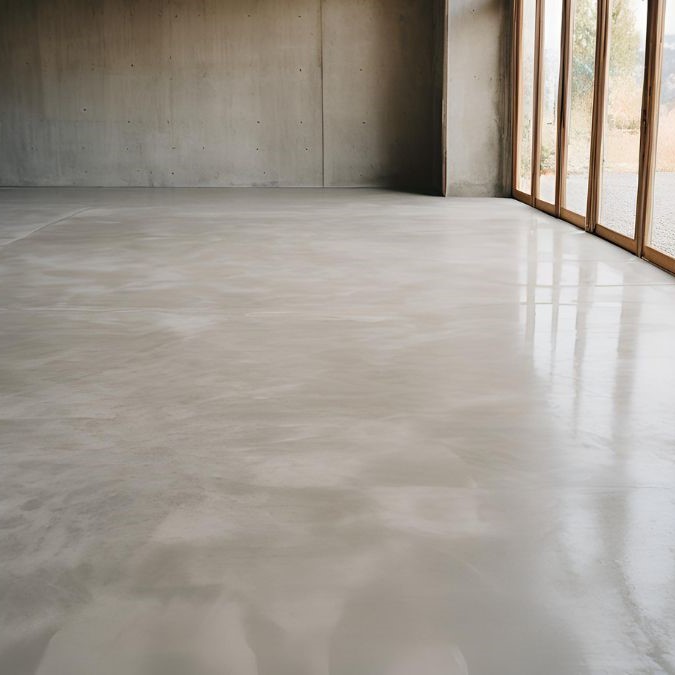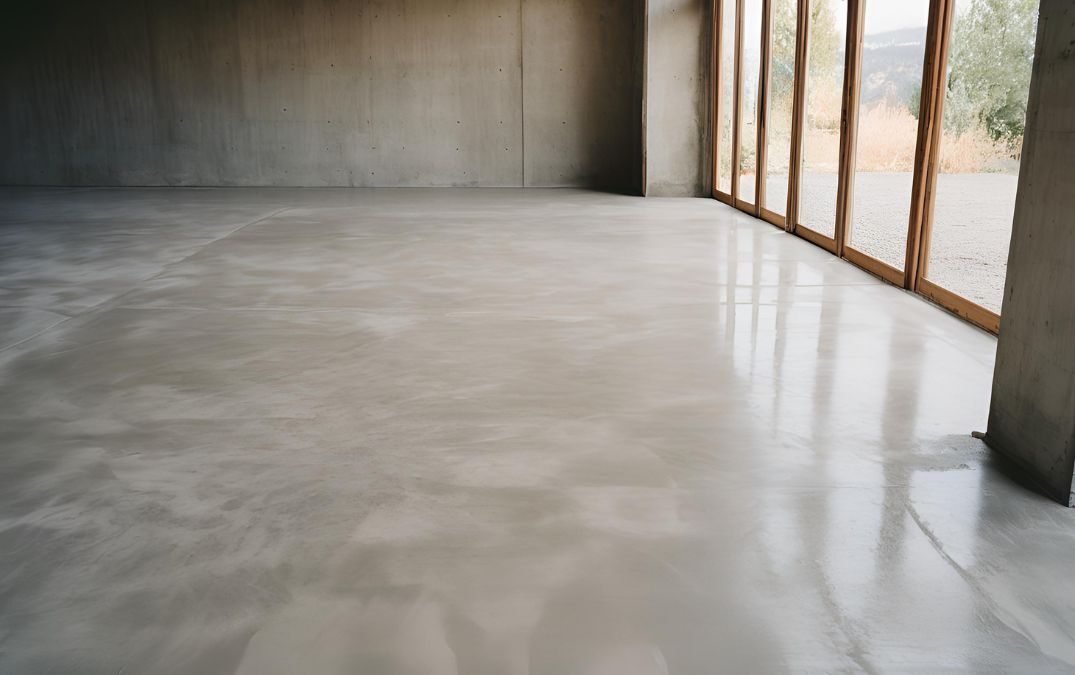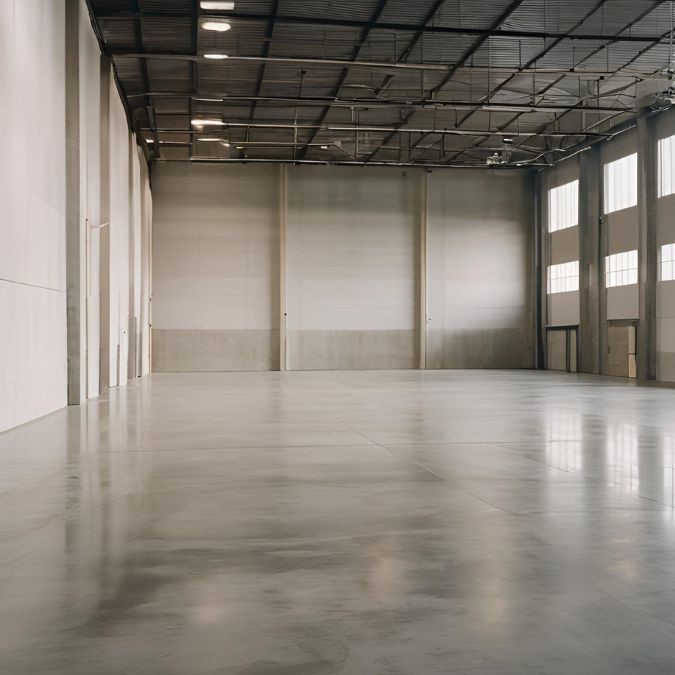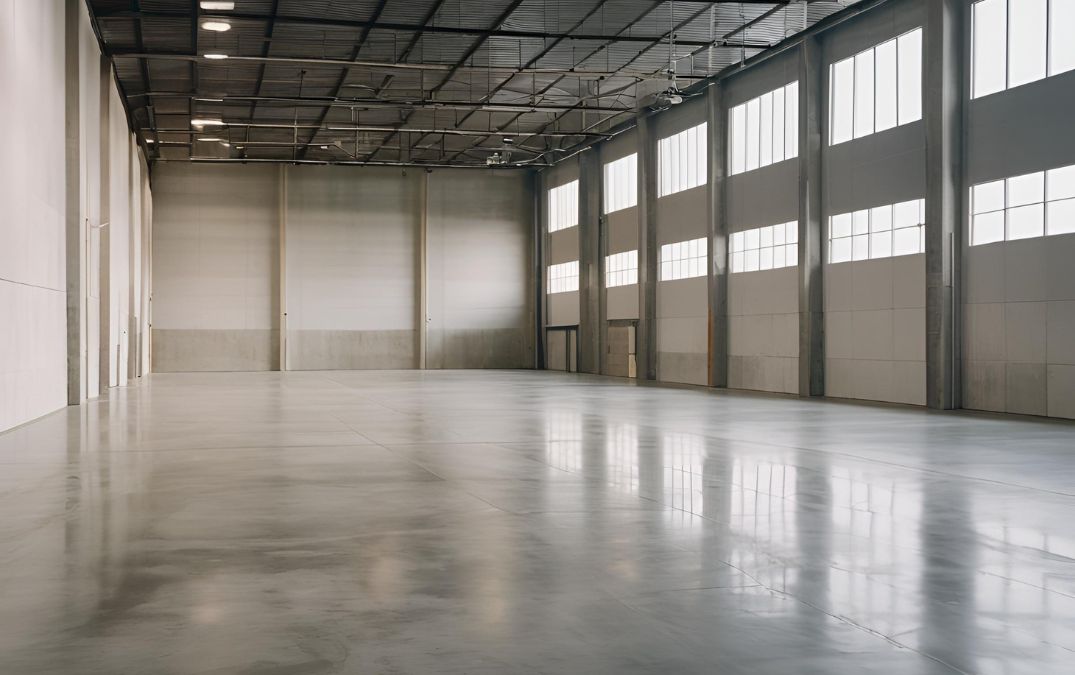Lifespan for a concrete floor can range between 20 and 50 years
First off, concrete floors are known for their durability. When done right, a concrete floor can last a good 25 to 30 years, if not more. This isn’t your run-of-the-mill material here, we’re talking about something that’s built to withstand the test of time. It’s why you see concrete everywhere, from homes to massive industrial sites.
In the real world, concrete floors in homes can easily hit that 30-year mark, and with great care, they might even see 50 years or more. Commercial spaces might see a bit less, especially in high traffic areas, but even there, you’re looking at a solid 20 to 25 years. Industrial floors, under the heaviest of loads and conditions, might need more frequent attention, but they’re still in it for the long haul.





